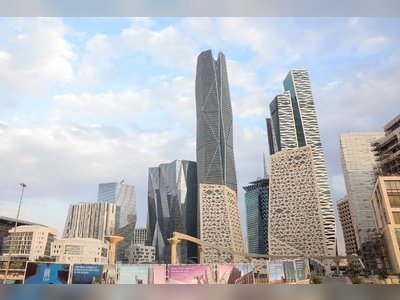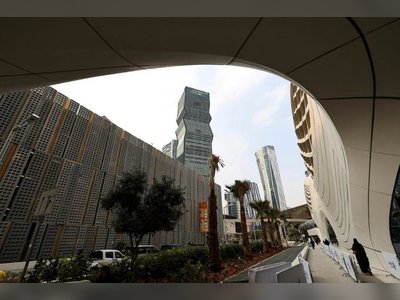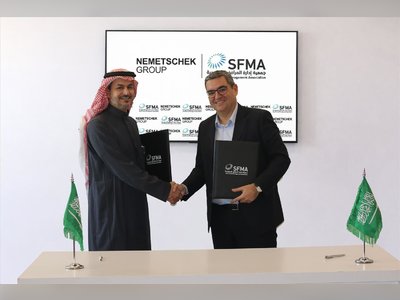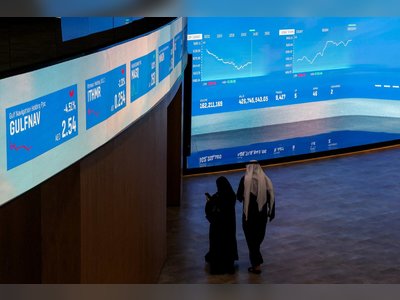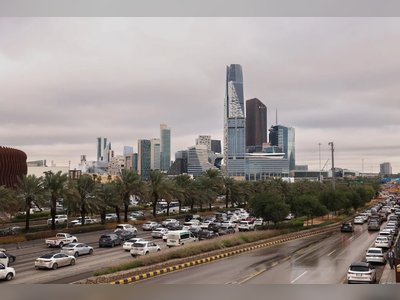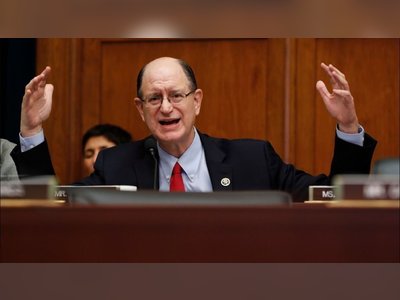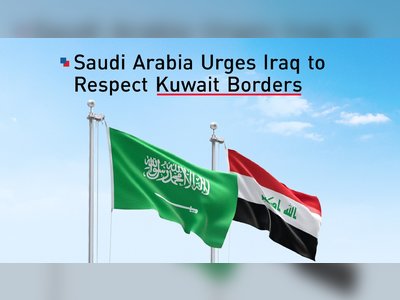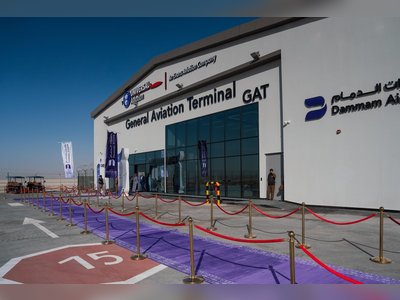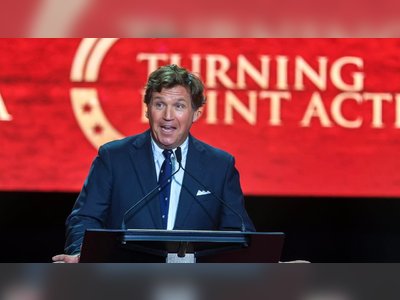
Iraq’s new parliament meets for the first time amid uncertainty
Nearly three months after the October elections, the newly elected Iraqi parliament is scheduled to meet for the first time following an election cycle that even by Iraq’s standard was uncertain and messy.
Traditionally, the first parliamentary session would be tasked with electing a speaker of the parliament and his two deputies. Yet, according to the agenda released by the Council of Representatives, Sunday’s session would only include “nominations of the Speaker and two Deputies”, suggesting a potential non-confirmation on who the speaker would be.
The electoral commission informed representative Mahmoud al-Mashhadani that he is the most elderly member of the parliament and will chair the first session, in accordance with the constitution.
This process, according to analysts, will be anything but smooth: no political party has snatched enough support to be able to single-handedly sway where Iraqi politics in the next four years are heading.
The early elections – which saw the lowest voter turnout rate since the political system was established following the United States-led invasion in 2003, with just 44 percent – pushed Muqtada al-Sadr, a top Shia leader whose politics were built on his staunch rejection of any foreign presence in Iraq, to a sweeping win with 73 out of the 329 seats.
It also struck a humiliating blow to the Fateh alliance, which hosts the pro-Iran Popular Mobilisation Forces (PMF) paramilitary group. Having only attained 17 seats, the organisation will see a drastic decrease of representation compared with the outgoing parliament.
In the months leading up to the first parliamentary session, Iraq’s political landscape was dominated by meeting after meeting between different parties trying to form a government that would advance their respective interests, interspersed with constant background claims of fraud and threats to boycott the entire election results.
The dust generally settled after the Iraqi Federal Supreme Court ratified the final results of the election in late December last year, with only a few changes from the preliminary results, even though the remaining tensions over the election results could for months still affect the coming government formation.
Al-Sadr, who won the biggest share in part because of his carefully calibrated campaign strategy to use the new electoral law to his advantage, has been vehemently pushing for a majority government that would essentially place the Fateh alliance and former Prime Minister Nouri al-Maliki to the opposition side.
“I see that the first thing that needs to be done for the future for the country is a national majority government,” al-Sadr said in a statement soon after the election results were certified.
The phrase, “neither Eastern nor Western” initially championed by him after the preliminary results were released, was tossed around frequently in his political narrative, rhetorically rejecting foreign influence and hoping to establish a majority government. But that has yet to be translated into concrete terms in the government formation process.
The Shia Coordination Framework, a group consisting of al-Maliki’s State of Law, Fateh alliance and their allies, remains unwilling to ship the next government to a Sadr-led majority government and is continuing to push for a consensus government.
In this painstakingly complex negotiation process, nearly every meeting imaginable was played out. Meetings also happened across the country, from Baghdad to Najaf to Erbil. Yet despite the seemingly endless rounds of discussions between political parties, no agreement was reached.
“Iraq’s political divisions make it difficult for a majority government to be elected and since no party has ever won an outright majority, coalition-building is required, whether to create a majority government or a national consensus government,” Hamzeh Hadad, an Iraq political and economic analyst, recently wrote.
A long government formation process that eventually alienates the very constituents who participated in the elections is not news in Iraq.
In previous elections following the 2003 invasion, the negotiation processes that led to a new government all took months, often accompanied by violence. And almost without exception, the ruling elites shuffled within themselves, and Iraq continued to suffer from corruption, violence and a general lack of effective governance.
“Government formation is when the political system in Iraq is stress tested to confirm its resilience and when the worse outcomes of consensus, sectarianism and compromise combine to bring a weak, ineffective, and inevitably corrupt and disjointed government to power,” Sajad Jiyad, a fellow at the Century Foundation, wrote on social media.
Uncertainty
That lack of consensus will soon be directly addressed as the first parliament session convenes to elect the speaker. Uncertainty remains between Sunni parties.
“To date, there is no agreement between Sunni’s Taqadum and al-Azim,” Kamaran Palani, a research fellow at the Middle East Research Institute, said, referring to the two biggest Sunni parties.
“[Mohammed] Halbousi has the majority within Sunnis, but this isn’t enough as Sunni parties also need the blessing of major Shia powers. Halbousi isn’t supported by the framework and Sadr is flexible.”
The uncertainty that revolves around the nomination of the speaker of parliament extends to two other presidencies: the president, reserved for Kurds, and the prime minister, a Shia. Similarly, their respective political groups have not yet reached any agreement, either.
No name has come close to being widely believed to be able to claim the premiership, and the tension continues to grow as al-Sadr pushes for a Sadrist candidate and the Shia Framework remains adamant on naming a candidate from their bloc.
“The country for the most part has had a weak prime minister leading the state, as they emerge from a weak political foundation, either as a compromise candidate from within, or a compromise candidate brought in,” Hadad explained the difficulties that lie ahead for Iraqi politics, especially with regard to ordinary Iraqis’ confidence towards the system.
“Unfortunately, this will further increase the frustration of the Iraqi people whose calls for directly voting their commander-in-chief have grown.”

